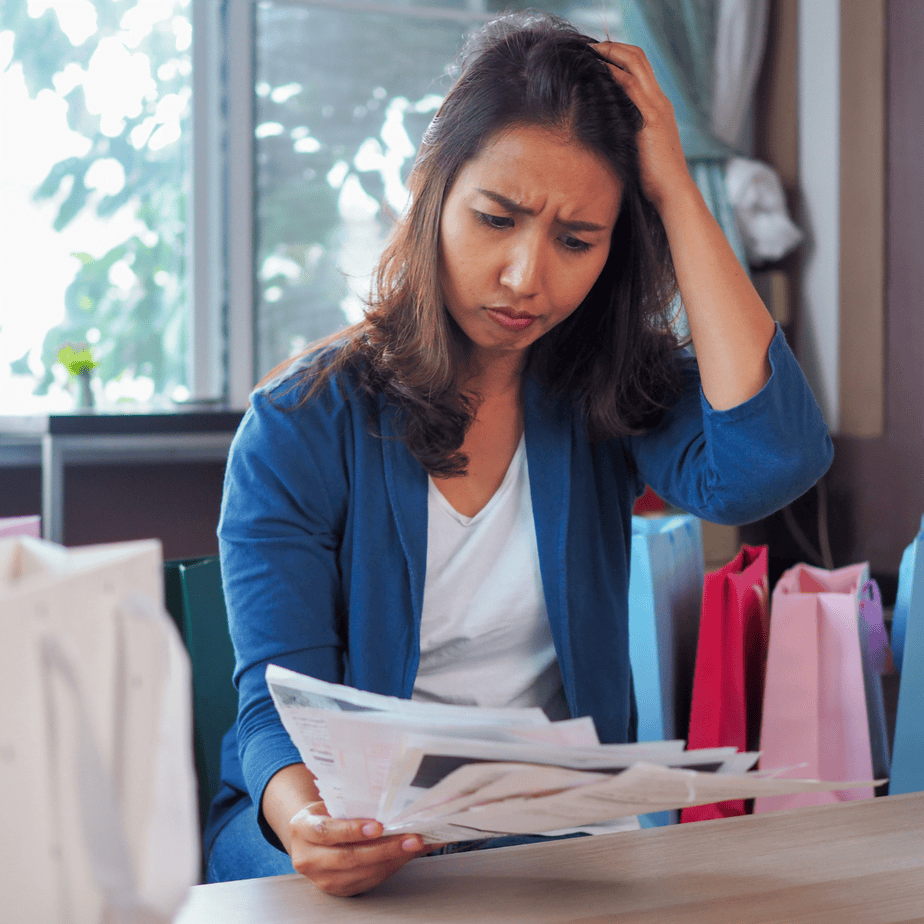Buying something can be exciting and fulfilling, but what happens when you start feeling regret after making a purchase? That feeling is known as buyer’s remorse. It can happen to anyone, regardless of the size or price of the item purchased. In this article, we will explore the causes and effects of buyer’s remorse and provide tips on how to overcome it.
What is buyer’s remorse?
Buyer’s remorse is the feeling of regret or anxiety that occurs after making a purchase. It’s that nagging feeling that you made the wrong decision and that you would have been better off not buying the item at all. It can manifest in different ways, such as feeling guilty, anxious, or angry at oneself.
Causes of buyer’s remorse
There are many reasons why people experience buyer’s remorse. Here are some of the most common causes:
- Impulse buying: When you make a purchase on a whim without thinking it through, you’re more likely to experience regret afterward.
- Inadequate research: If you don’t research a product or service properly, you may end up with something that doesn’t meet your expectations, leading to disappointment and regret.
- Peer pressure: Sometimes, we make purchases because of social pressure or the desire to fit in with others. If you buy something just to impress others, you may end up feeling regretful afterward.
- High expectations: When you have high expectations for a product, it can be easy to feel disappointed if it doesn’t live up to them.
- Financial pressure: If you spend more than you can afford, you may experience regret because of the financial strain it causes.
Effects of buyer’s remorse
Buyer’s remorse can have a range of effects, from mild to severe. Some of the most common effects include:
- Financial loss: If you regret a purchase, you may try to return the item or sell it at a loss, resulting in financial loss.
- Stress and anxiety: Feeling regretful about a purchase can lead to stress and anxiety, which can impact your mental health.
- Negative emotions: Regret can lead to negative emotions, such as guilt, anger, and disappointment.
- Low self-esteem: If you feel like you made a mistake, it can impact your self-esteem and confidence.
- Difficulty making decisions: If you’ve experienced buyer’s remorse in the past, it can make it more difficult to make future decisions.
Types of buyer’s remorse
There are different types of buyer’s remorse, each with its own unique causes and effects. Here are some of the most common types:
Cognitive dissonance
Cognitive dissonance occurs when you experience conflicting beliefs or values. For example, if you buy an expensive item but value frugality, you may experience cognitive dissonance.
Sunk cost fallacy
The sunk cost fallacy occurs when you justify a purchase based on the amount of money you’ve already spent. For example, if you buy an expensive gym
membership but then stop going, you may continue to pay for it because you feel like you’ve already invested too much money to quit.
Opportunity cost
Opportunity cost is the feeling of regret that occurs when you choose one option over another. For example, if you buy a new car, you may feel like you missed out on the opportunity to travel or invest that money elsewhere.
Social comparison
Social comparison occurs when you compare your purchase to others and feel like you made the wrong choice. For example, if you buy a new phone but then see someone else with a better model, you may feel regretful about your purchase.
How to overcome buyer’s remorse
If you’ve experienced buyer’s remorse, don’t worry – there are steps you can take to overcome it. Here are some tips:
Take a break before making a purchase
Before making a purchase, take some time to think about it. Step away from the situation and come back to it later with a clear mind.
Do your research
Research the product or service you’re considering buying to ensure it meets your needs and expectations.
Set a budget
Set a budget for yourself before making a purchase to avoid overspending and potential financial strain.
Think long-term
Consider the long-term benefits of the purchase rather than just the short-term excitement.
Avoid impulsive buying
Try to avoid making purchases on a whim or without thinking it through.
Buy from trusted sources
Make purchases from reputable and trusted sources to avoid potential scams or low-quality products.
Conclusion
Buyer’s remorse is a common experience that can have negative effects on your finances and mental health. However, by understanding the causes and types of buyer’s remorse, you can take steps to overcome it. Remember to take a break before making a purchase, do your research, set a budget, think long-term, avoid impulsive buying, and buy from trusted sources.
FAQs
- Is it normal to experience buyer’s remorse?
Yes, it’s normal to experience buyer’s remorse, and it can happen to anyone.
- How long does buyer’s remorse typically last?
The duration of buyer’s remorse can vary from person to person, but it typically doesn’t last longer than a few days.
- Can you return items if you experience buyer’s remorse?
Many retailers have return policies that allow customers to return items within a certain timeframe if they experience buyer’s remorse.
- How can I avoid buyer’s remorse?
To avoid buyer’s remorse, take a break before making a purchase, do your research, set a budget, think long-term, avoid impulsive buying, and buy from trusted sources.
- Can buyer’s remorse be a sign of a bigger problem?
In some cases, buyer’s remorse can be a sign of a bigger problem, such as impulse control issues or anxiety. If you’re experiencing buyer’s remorse frequently, it may be worth seeking professional help.

